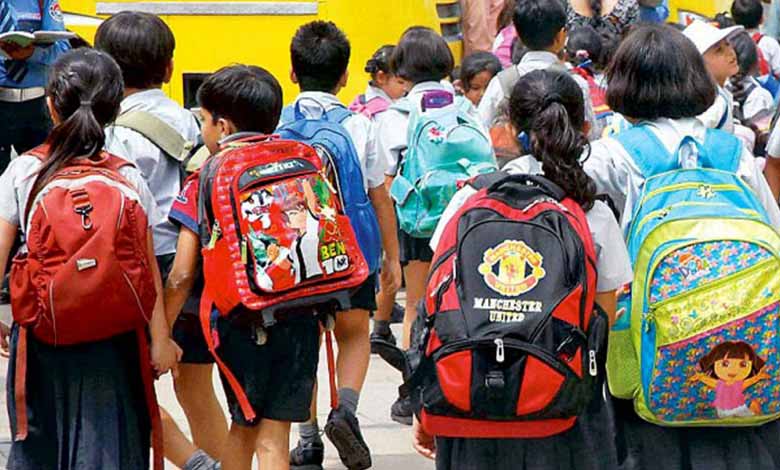Private School Fee Hike Sparks Protests: Can Schools Raise Fees Freely? Here’s What the Law Says
As the new academic session begins, protests are erupting in several parts of the country over the rising fees in private schools. Parents have taken to the streets, met with ministers, and approached administrative bodies demanding relief.

As the new academic session begins, protests are erupting in several parts of the country over the rising fees in private schools. Parents have taken to the streets, met with ministers, and approached administrative bodies demanding relief. The core issue remains: Can private schools increase fees arbitrarily, or is government approval mandatory?
Table of Contents
What Sparks These Protests?
Every year, just before a new school session starts, parents express concern over fee hikes. With increasing financial strain, they demand transparency and fairness from school administrations. Currently, such protests are most visible in Delhi, where parents are rallying against fee hikes imposed by many private schools.
Do Schools Have the Right to Increase Fees?
Private schools are allowed to raise fees to manage operational costs, pay staff, improve infrastructure, and enhance educational quality. However, this right is not absolute. States have specific rules in place to prevent arbitrary fee hikes and safeguard the interests of parents.
Who Approves the Fee Hike?
The initial decision to hike fees lies with the school management. But to implement it, schools must follow state-specific regulations, often involving approval from parent associations or educational authorities.
Also Read: Delhi Government Cracks Down on ‘Dummy Schooling’ and Unlawful Fee Hikes in Private Schools
Rules Vary by State
Uttar Pradesh
In UP, the annual fee hike limit is 9.9%, which includes a 5% direct increase and the rest based on the Consumer Price Index (CPI). Anil Agarwal, President of the UP Unaided Private Schools Association, clarified that any hike beyond this violates the state’s 2018 Fee Regulation Act.
Delhi
Delhi’s private schools are divided in terms of regulation. Of 1,677 recognised private schools, only 355 – those built on government land – need permission from the Directorate of Education (DoE) before increasing fees. The rest operate without direct government oversight. Notably, in May 2024, the Delhi High Court stayed a DoE directive that sought prior approval from such schools.
Haryana
In Haryana, schools cannot raise fees by more than 5% above the CPI. For example, if inflation is at 3%, the total allowable fee increase is capped at 8%.
Bihar
The Bihar government has established a fee regulatory committee and enacted a law (validated by the Patna High Court) that limits annual fee hikes to 7%. This law applies to all private and unaided schools in the state.
Telangana
In Telangana, the state government is actively working to regulate private school fees through the proposed Telangana Private Unaided School Fee Regulatory and Monitoring Commission Bill, 2025. This legislation aims to address concerns over arbitrary fee hikes and ensure transparency in fee structures.
Role of Parent Associations
In several states, schools must consult Parent-Teacher Associations (PTAs) before implementing any fee hikes. These bodies act as a bridge between parents and school management, ensuring that the hike is justified and transparent.
What Can Parents Do?
Parents have the right to question fee hikes. They can raise objections through PTAs, contact school management, or even take legal action if they believe the hike is unjustified. In some cases, parent associations have successfully influenced policy changes through sustained protests and petitions.
Conclusion
While private schools do have the autonomy to revise their fee structures, they must do so within the regulatory frameworks set by individual states. As protests continue, the focus remains on ensuring that quality education does not come at an unfair financial burden to parents.
